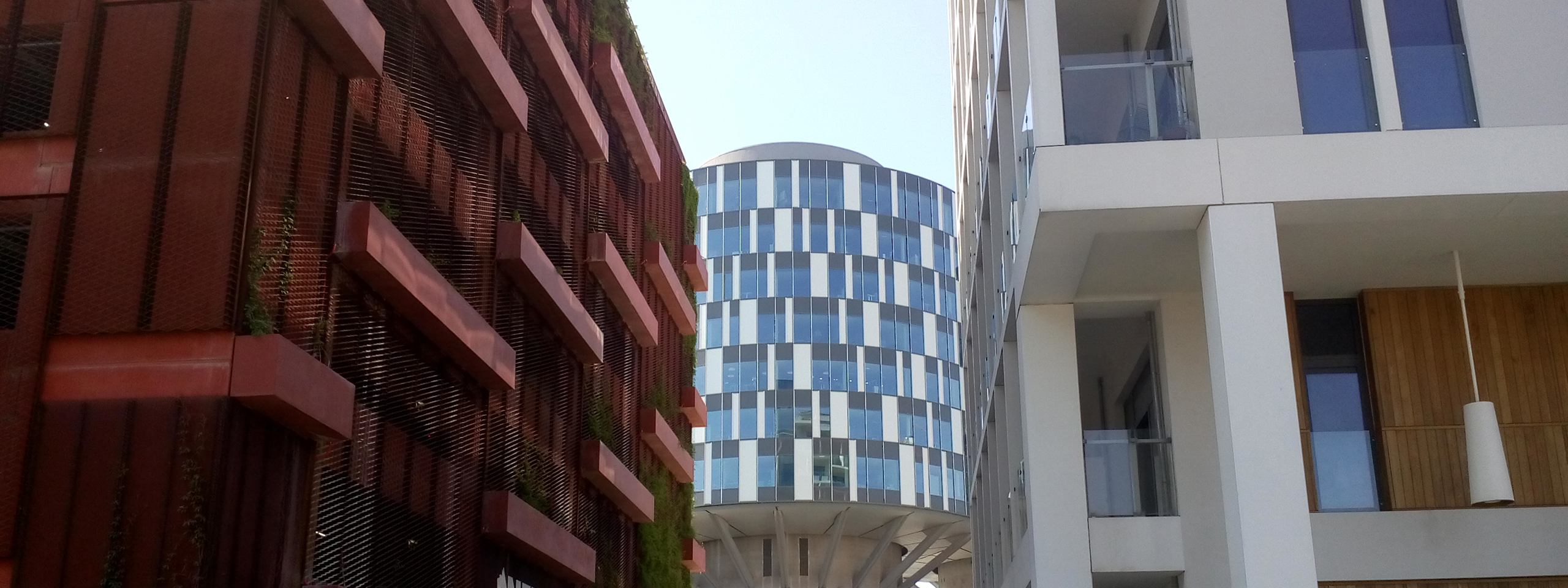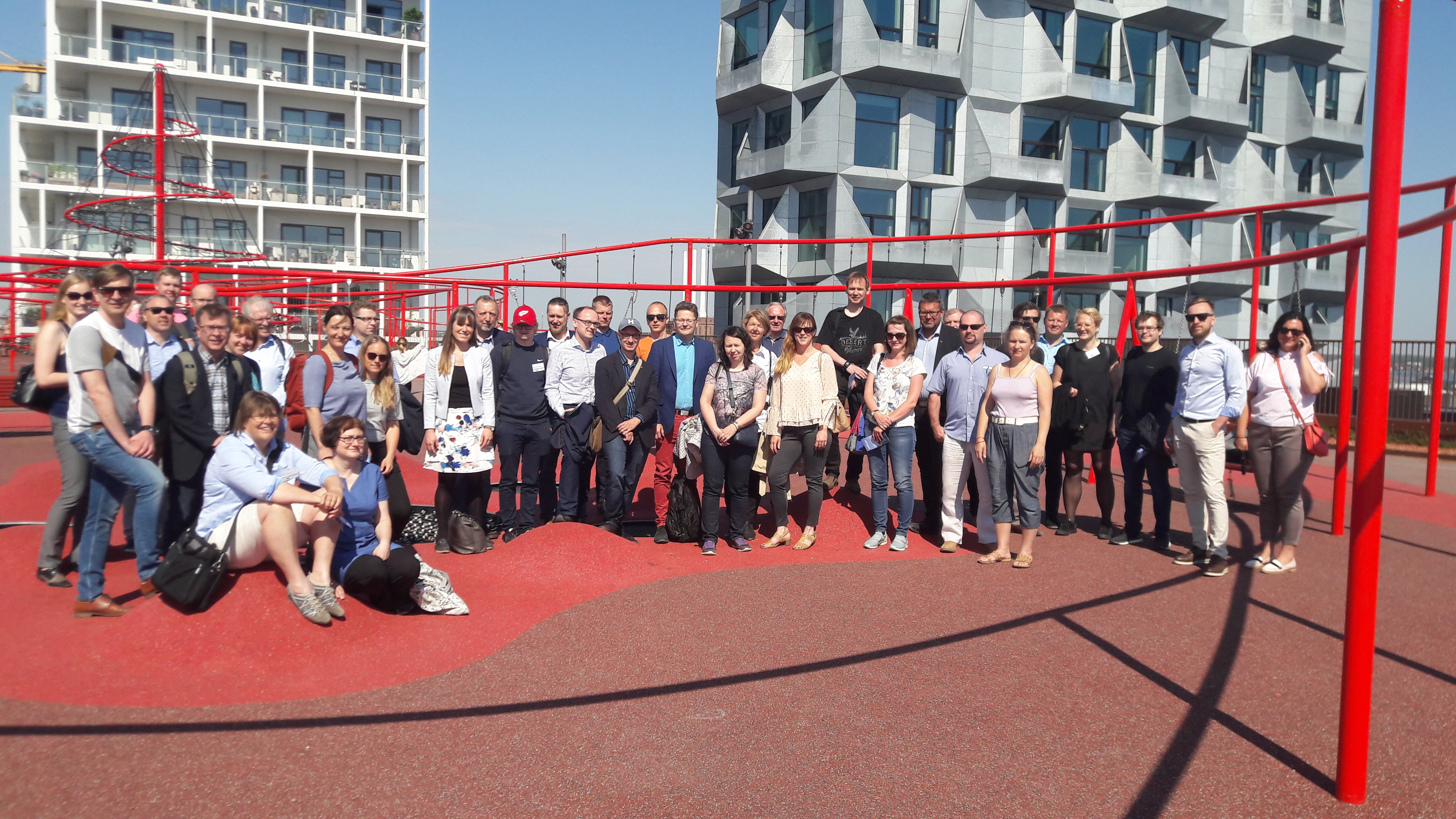
LIFE Economise and EFFECT4buildings discussed about synergies and cooperation possibilities in Copenhagen
In May 2018, LIFE EconomisE and the Interreg EFFECT4buildings project teams discussed the synergies and possibilities to enhance together the financing and delivery of energy efficiency retrofits to existing buildings during a meeting in Copenhagen.
The high potential for cost-effective energy savings in the building sector has resulted in various initiatives to support the European Union efforts to meet its ambitious climate and energy targets for 2020 and 2050. The EU funded projects provide a platform for sharing experience and best practice concerning regulatory measures and financial incentives that lead to the construction of net-zero or plus-energy buildings and the renovation of existing buildings to comparable levels.

Aija Rūse – project manager from the Vidzeme Planning Region in Latvia considers the EFFECT4buildings project activities a good possibility to share best practice examples and to broaden the knowledge about financial tools. “This will help us to answer the question how to live after 2020 energy efficiency wise. For instance, ESCO is a relatively new solution in our country so we have a chance to learn more from the experience of others”, says Rūse.
Reet Rehtsalu – project coordinator of Foreign Investments at State Real Estate in Estonia claims that although there is political will in the field of energy efficiency, ESCO solutions are rarely implemented in the public sector – partially because the clients lack trust in this financing method.
Kjell Vaagen – senior advisor in the Hedmark County Council in Norway points out a lack of interest of Norwegian politicians and the media in the energy efficiency matters. “Sweden, however, is seen as a frontrunner in the topic of climate change and energy savings” comments Vaagen.
The EFFECT4buildings project aims to improve the capacity of public building managers in the Baltic Sea Region. To this end a comprehensive decision-making toolbox is being developed. It comprises a set of financial instruments and tools to unlock the investments and lower the risks of implementing energy efficiency measures in buildings owned by public stakeholders. The decision-making toolbox will include financial calculation tools together with information on such issues as bundling methods; funding possibilities in the project partners’ countries; EPC/ESCO; green leasing contracts; multi service contracts; and tips on how to convince decision-makers.

The EFFECT4buildings project is coordinated by the County Board of Dalarna (Sweden). The consortium consists of 10 partners from Sweden, Norway, Denmark, Finland, Estonia, Latvia and Poland, as well as 18 associated partners representing regional and local public authorities in the role of estate owners and clusters comprising actors from the whole construction process chain.
During the visit to Copenhagen the project team had a chance to see a few inspiring examples of deep renovation multi-energy systems and energy demand-response management.
